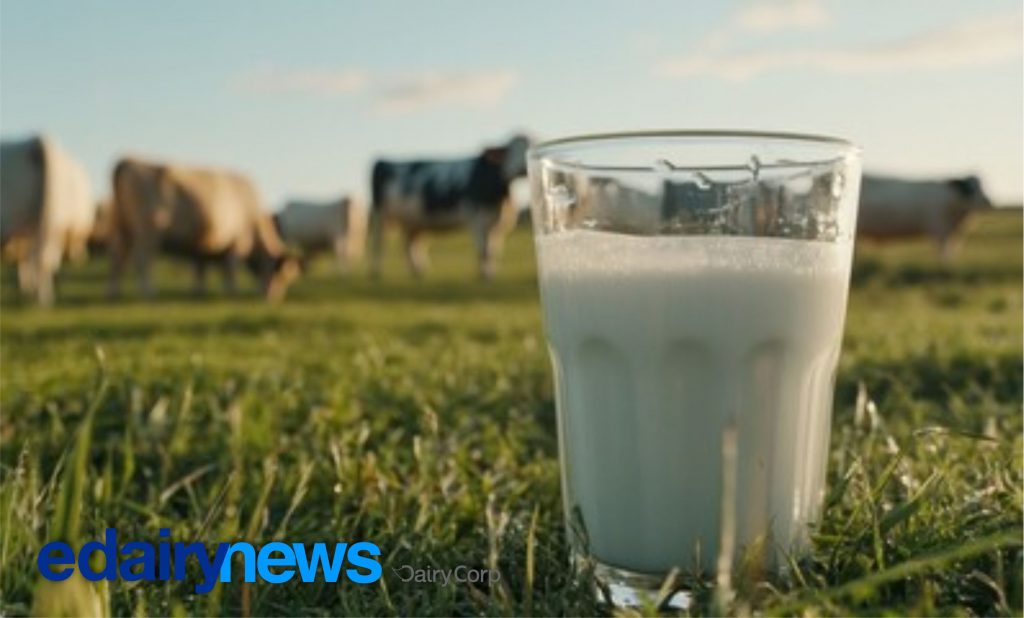As the summer wanes and the COVID-19 threat evolves in our communities and workplaces, many dairy companies are making product labeling decisions now to meet the mandatory Jan. 1, 2022, compliance deadline set forth in the National Bioengineered Food Disclosure Standard.
Since the USDA’s Agriculture Marketing Service (AMS) finalized the standard in December 2018, dairy companies have been diligently reviewing it, examining their ingredients, working with suppliers, gathering data and reformulating when needed. At the same time, the International Dairy Foods Association (IDFA) has been collaborating with food organizations to attain additional clarity from AMS and advising dairy companies on compliance with this very complex and unclear standard.
Lack of information
Despite these efforts, a significant number of dairy companies might not have the information necessary to make informed labeling decisions in time to meet the compliance deadline. Recognizing these concerns, along with redirection of resources and employees to respond to COVID-19, IDFA and other food organizations asked AMS for a one-year extension of the deadline.
The lead time necessary to make labeling decisions is, at best, 12-18 months before a product enters the market. IDFA sought an extension because the standard’s disclosure requirement is based on the detection of modified genetic material in food, and AMS has not finalized two pending guidance documents directing manufacturers how to use testing and validated refining processes to document the absence of modified genetic material in processed foods and ingredients.
IDFA and others across the food industry commented on these two draft guidance documents earlier this year, expressing significant concerns with the AMS’ approach and lack of clear direction on acceptable scientific methods of documenting the lack of modified genetic material.
Without this guidance, dairy companies and their suppliers lack the documentation necessary to demonstrate whether ingredients sourced from crops on the AMS “BE Food List” or from bioengineered (BE) sources contain modified genetic material. These ingredients — for example, high fructose corn syrup from BE corn and sugar from BE sugar beets — are common in dairy products and other foods, as are the enzymes used in cheese and cultured products. It is widely accepted in the food industry that many highly refined ingredients and all enzymes lack any protein or genetic material, but the pending guidance is needed for purposes of compliance documentation.
IDFA is hopeful AMS will provide the necessary information in time for manufacturers to come into compliance and maintain this important trust with their consumers.













